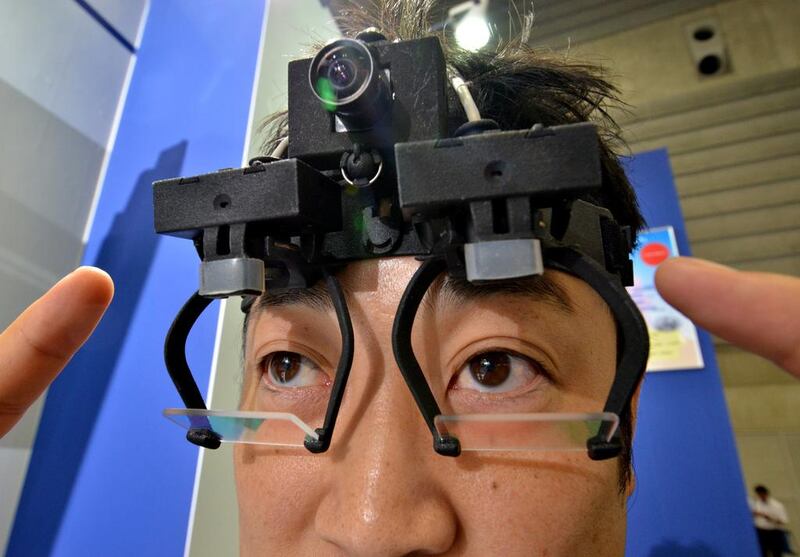‘Life is death, death is life. I hope that someday this absurdity that humanity has come to, will come to an end. Life is too short. I hope that anyone that has negative energy towards me will resolve that. Life is too short to harbour feelings of hatred and anger. That's it.”
This is the last statement of Richard Aaron Cobb, a Texas-born labourer, executed by lethal injection in 2013 for the crime of murder. We know Cobb’s last statement, and that of every other prisoner executed in Texas since 1982, because the state’s criminal justice department maintains a database. Today, the details of our lives and deaths are increasingly being recorded in online databases.
From the images we post, to the purchases we make, we each leave a data trail spread across an ever-expanding digital universe. According to Computer Sciences Corporation, this rapidly expanding data universe will reach 35 zettabytes by 2020. For non-geek speakers, a zettabyte is 1,000 exabytes, an exabyte is about 1 million terabytes and a terabyte equals about 500 million of those 3.5 inch floppy disks we used to use. This kind of data growth is increasingly referred to as “big data”.
The potential of big data is only just unfolding. A recent article, published in the Journal of Computational Science, describes how the public mood, as assessed by analysing Twitter posts, can be used to successfully predict fluctuations in the stock market. Other studies describe how data from social networking sites can be used to predict political affiliation. Big data, specifically Google search volume, has also been used to explore the seasonal patterns associated with mental health problems – north and south of the equator, mental health problems are more frequently searched for in the respective winter months.
While researching this article, I also used Google Trends to explore the rising popularity of activity tracking devices. Such devices are yet another example of a technology that will generate and send even more of our personal data to online databases. Typically, these activity trackers store and send data about our heart rate, physical activity and sleeping patterns. According to my Google Trends inquiry, the search frequency for the term “Fitbit” – a popular brand of activity tracker – has doubled since June 2015 and has overtaken the term “Apple Watch”.
Already some employers have begun routinely “gifting” these devices to their employees, scanning the output to explore the fitness and activity level each team member. Similarly, I can hear the data-driven parental interrogations of the near-future: “Why were you moving around so much during your 2pm history class?” Another technology that I suspect will also soon begin making a major contribution to big data, is eye-tracking. These devices will provide gaze quantification, in other words, not only will we know how many people visited our profile page, we will also know exactly how long they spent gazing at our profile picture, and exactly where their eyes lingered longest.
“Knowledge is power,” according to the adage. Data, however, is not knowledge. In fact, these data mountains we generate are useless without the tools and techniques to mine them. This is why some of the most strategically important skills of the 21st century will be related to statistical analysis – transforming data into knowledge. The statistician could well become the new rock star. Hal Varian, Google’s chief economist, proposes that: “The sexy job in the next 10 years will be statisticians … The ability to take data – to be able to understand it, to process it, to extract value from it, to visualise it, to communicate it.”
Big data essentially reflects human behaviour and even human emotions. Psychologists and other social and behavioural scientists are also very well placed to help extract meaning from this new online world we inhabit.
Dr Justin Thomas is an associate professor of psychology at Zayed University and author of Psychological Well-Being in the Gulf States
On Twitter: @DrJustinThomas





